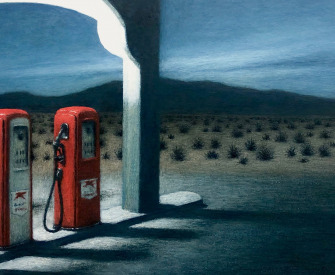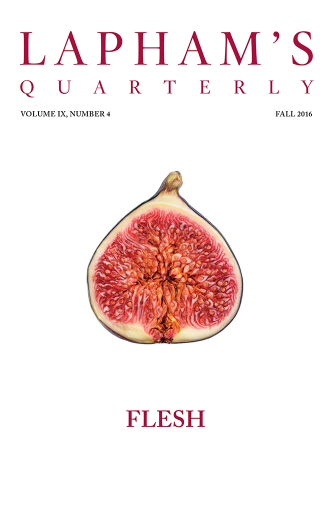Looking up the bayou, I saw Tibeats and two others on horseback, coming at a fast gait, followed by a troop of dogs. There were as many as eight or ten. Distant as I was, I knew them. They belonged on the adjoining plantation.
The dogs used on Bayou Boeuf for hunting slaves are a kind of bloodhound, but a far more savage breed than is found in the northern states. They will attack a Negro at their master’s bidding and cling to him as the common bulldog will cling to a four-footed animal. Frequently, their loud bay is heard in the swamps, and then there is speculation as to what point the runaway will be overhauled—the same as a New York hunter stops to listen to the hounds coursing along the hillsides, and suggests to his companion that the fox will be taken at such a place. I never knew a slave escaping with his life from Bayou Boeuf. One reason is, they are not allowed to learn the art of swimming, and are incapable of crossing the most inconsiderable stream. In their flight they can go in no direction but a little way without coming to a bayou, when the inevitable alternative is presented, of being drowned or overtaken by the dogs. In youth I had practiced in the clear streams that flow through my native district, until I had become an expert swimmer, and felt at home in the watery element.
I stood upon the fence until the dogs had reached the cotton press. In an instant more, their long, savage yells announced they were on my track. Leaping down from my position, I ran toward the swamp. Fear gave me strength, and I exerted it to the utmost. Every few moments I could hear the yelpings of the dogs. They were gaining upon me. Every howl was nearer and nearer. Each moment I expected they would spring upon my back—expected to feel their long teeth sinking into my flesh. There were so many of them, I knew they would tear me to pieces, that they would worry me, at once, to death. I gasped for breath—gasped forth a half-uttered, choking prayer to the Almighty to save me—to give me strength to reach some wide, deep bayou where I could throw them off the track, or sink into its waters. Presently, I reached a thick palmetto bottom. As I fled through them, they made a loud rustling noise, not loud enough, however, to drown the voices of the dogs.
Continuing my course due south, as nearly as I can judge, I came at length to water just over shoe. The hounds at that moment could not have been five rods behind me. I could hear them crashing and plunging through the palmettos, their loud, eager yells making the whole swamp clamorous with the sound. Hope revived a little as I reached the water. If it were only deeper, they might lose the scent and, thus disconcerted, afford me the opportunity of evading them. Luckily, it grew deeper the farther I proceeded—now over my ankles—now halfway to my knees—now sinking a moment to my waist, and then emerging presently into more shallow places. The dogs had not gained upon me since I struck the water. Evidently they were confused. Now their savage intonations grew more and more distant, assuring me that I was leaving them. Finally I stopped to listen, but the long howl came booming on the air again, telling me I was not yet safe. From bog to bog, where I had stepped, they could still keep upon the track, though impeded by the water. At length, to my great joy, I came to a wide bayou and, plunging in, had soon stemmed its sluggish current to the other side. There, certainly, the dogs would be confounded—the current carrying down the stream all traces of that slight, mysterious scent, which enables the quick-smelling hound to follow in the track of the fugitive.
From Twelve Years a Slave. Born to a freedman in upstate New York, Northup was a landowner and musician awaiting the birth of his third child when two men kidnapped him and sold him into slavery in 1841. Though the success of this account, published after his 1853 rescue, established him as a popular abolitionist speaker, he disappeared from public records within a decade. In 2013 it became the first memoir written by an enslaved American to be adapted into a feature film.
Back to Issue



